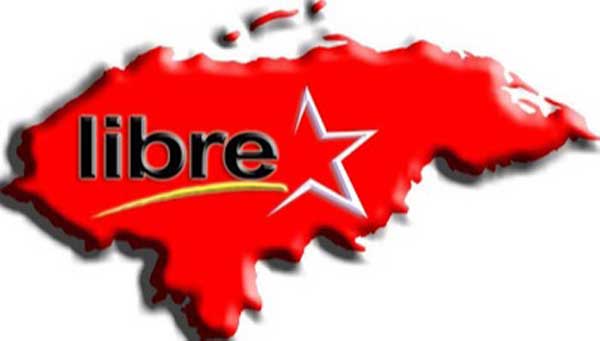 The general coordinator of the Freedom and Refoundation Party (LIBRE) of Honduras, Manuel Zelaya, has published an extensive report on the situation of the country at the end of 2020, in which he illustrates with figures the situation that this Central American nation is experiencing in economic matters.
The general coordinator of the Freedom and Refoundation Party (LIBRE) of Honduras, Manuel Zelaya, has published an extensive report on the situation of the country at the end of 2020, in which he illustrates with figures the situation that this Central American nation is experiencing in economic matters.
Tegucigalpa.- "We close the year 2020 with a higher overall cost of living than the previous year, and no one doubts that living conditions will be more difficult in this new year," wrote the former president (2006-2009) in the section of the report dedicated to economic issues.
He added that the Gross Domestic Product (GDP) experienced a historical fall of about 10 percent, as a consequence of "the poor management of the country, oriented towards private business, and dedicated to deepening the cruel model of exploitation.
The former president, deposed by the coup d'état on June 30, 2009, recalled that thanks to the "inclement application of this system of exploitation", the Catrachean economy was already reporting a process of deceleration since 2018 when growth dropped from 4.8 percent to 3.7 percent; a trend that continued with a growth of only 2.7 percent in 2019 to complete a three-year period of a sustained drop in production.
"The deterioration of the economy before the pandemic can be seen in the reduction of domestic and foreign investment that from an average of $1.1 billion and $1.2 billion, respectively, in the previous decade, fell to $950 million in 2018 and $498 million in 2019," states the message of the leader of FREE published in social networks.
As a result of the sharp drop in GDP, unemployment grew, with the loss of its source of income for about half a million Hondurans, according to estimates from the previous year. "It is very likely that while open unemployment is up to 12 percent, underemployment could reach 70 percent of the population," the report presented by Zelaya said.
The general coordinator of Libre incriminates the government of President Juan Orlando Hernández for having decided with the International Monetary Fund (IMF), the body that dictates economic policy in Honduras, to cover the increase in the fiscal deficit with more debt and sovereign bonds.
"Applying the recommendations of the IMF led to an increase in the level of public debt from $3.2 billion in 2009 to nearly $16 billion by the end of 2020," criticized the opposition party. "This accelerated indebtedness, which is suffocating the economy and increasing the fiscal deficit, will not be able to be sustained without falling into the vicious circle of a greater increase in debt for debt payment," the report states.
The document recalled that at this time, the country allocates more than 40 percent of the State's tax revenue for the payment of capital and interest on the debt, for which "the same finance officials have expressed in public documents that the country will require a new and crude fiscal adjustment from 2022. (RHC)





